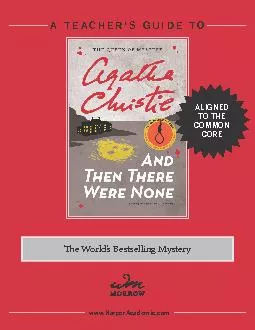PPT-Chapter 5: Learning Why and how do people and animals learn?
Author : audrey | Published Date : 2023-09-21
Learning 79 AP students in psychology should be able to do the following Distinguish general differences between principles of classical conditioning operant
Presentation Embed Code
Download Presentation
Download Presentation The PPT/PDF document "Chapter 5: Learning Why and how do peo..." is the property of its rightful owner. Permission is granted to download and print the materials on this website for personal, non-commercial use only, and to display it on your personal computer provided you do not modify the materials and that you retain all copyright notices contained in the materials. By downloading content from our website, you accept the terms of this agreement.
Chapter 5: Learning Why and how do people and animals learn?: Transcript
Download Rules Of Document
"Chapter 5: Learning Why and how do people and animals learn?"The content belongs to its owner. You may download and print it for personal use, without modification, and keep all copyright notices. By downloading, you agree to these terms.
Related Documents














